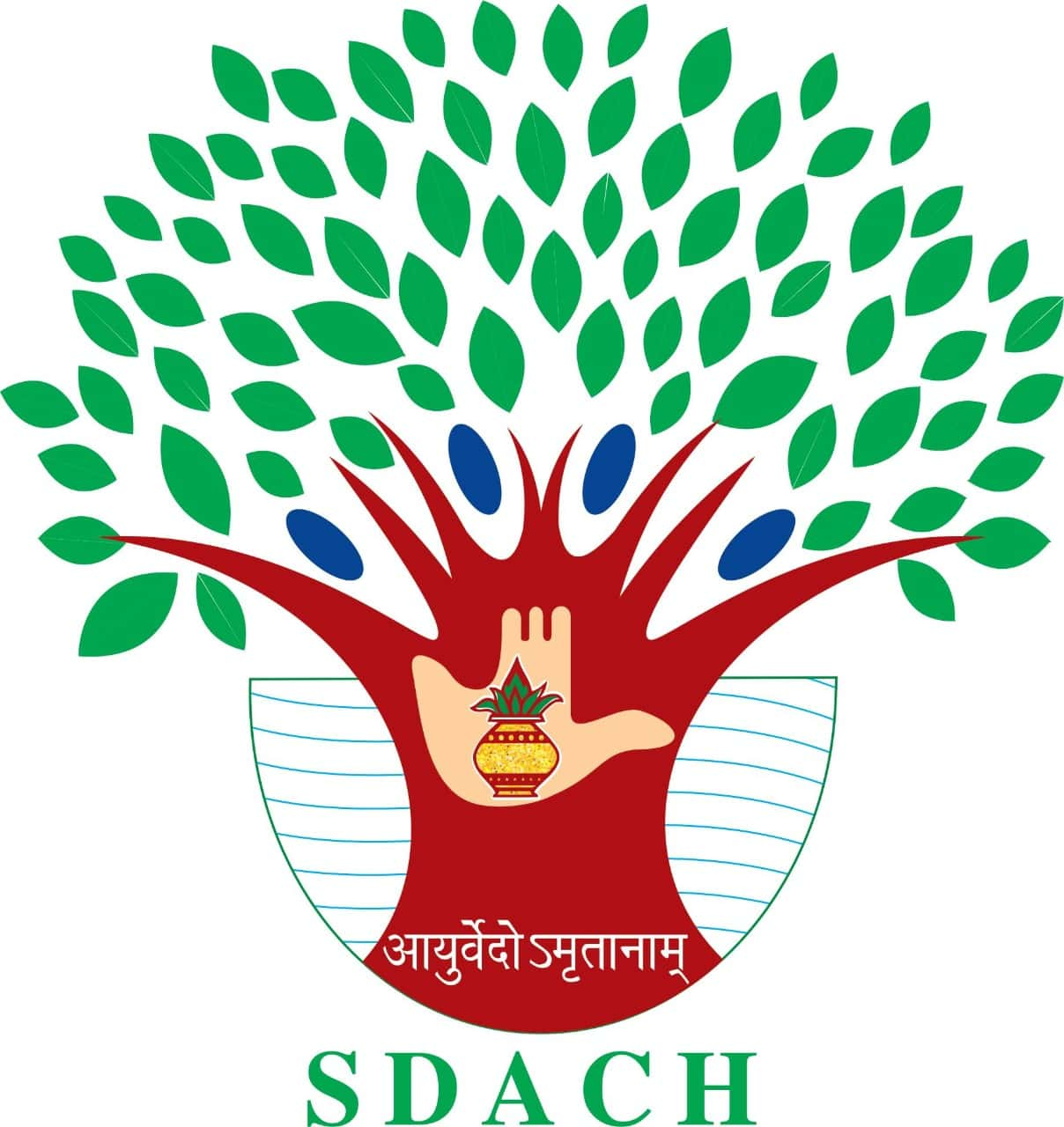Botanical Name : Putranjiva roxburghii Wall
Family : Euphoriaceae
Identification No.: SDACH/HG/100
Introduction :
Latin name : Putranjiva = name of the plant, roxburghii= from Roxburgh – scientist’s name.
Rosaries of hard stones are used for protecting children from infections. Due to this misleading nomenclature, the “conception-promoting” property has been attributed to the drug in folk medicine.
Names in different Indian languages :
English : Child-life tree, Indian Amulet Plant, Spurious Wild Olive
Hindi : Jivputrak, jiyapota
Kannada : Aman, putranjiva
Malayalam : Putranjivi, puttilanji, ponkalam
Sanskrit : Putranjivah
Tamil : Karuvilai, kattuppacceri maram
Telugu : Putranjivika, kuduru
Folk : Jiyaapotaa
Synonyms :
“पुत्रजीवः पुत्रदो जीवको वंशलोचनः।
सुतजीवी च पुत्र्यश्च पुत्रदा च प्रकीर्तिता॥”
Putranjiva, Putrajivaka, Putrajiva, Yashtipushpa, Arthsaadhana
Drypetes roxburghii (Wall.) Hurusawa.
Morphology :
A medium sized tree, grows 8-12 m height
Leaves – simple, alternate, elliptic –oblong
Flowers- unisexual, axillary
Fruit – drupe
Distribution & Habitat :
Throughout India
Chemical constituents :
Isopropyl, 3-butyl isothiocyanates, glucoputranjivin, glucocochlearin, glucojiaputin
Properties :
Guna : guru, ruksha;
Rasa : madhur, lavanna, katu;
Vipaka katu;
Virya : sheeta;
Karma :
Cakusya, vrishya, vistambi , garbadah, varnaya
Laxative
Indication :
Dah, trishna, slipada, vrana
Skin diseases, cough, cold
Part used :
Whole plant
Dosage :
Leaf juice 10-15 ml
Powder 2-4 g
Decoction 50-100 ml
Therapeutic Uses (Amayika Prayoga):
External:
– Seed oil massage for muscle pain
– Leaf paste for skin conditions
Internal:
– Seed powder (1-3g) for fertility issues
– Decoction for respiratory conditions
Formulations (Yoga):
– Putrajivak Leha
– Putrajivak Ghrita
IUCN Status: Least Concern
Research Updates (Last 5 Years):
1. 2020: Fertility-enhancing properties studied
2. 2021: Anti-inflammatory activity confirmed
3. 2023: Seed oil analyzed for phytoconstituents






